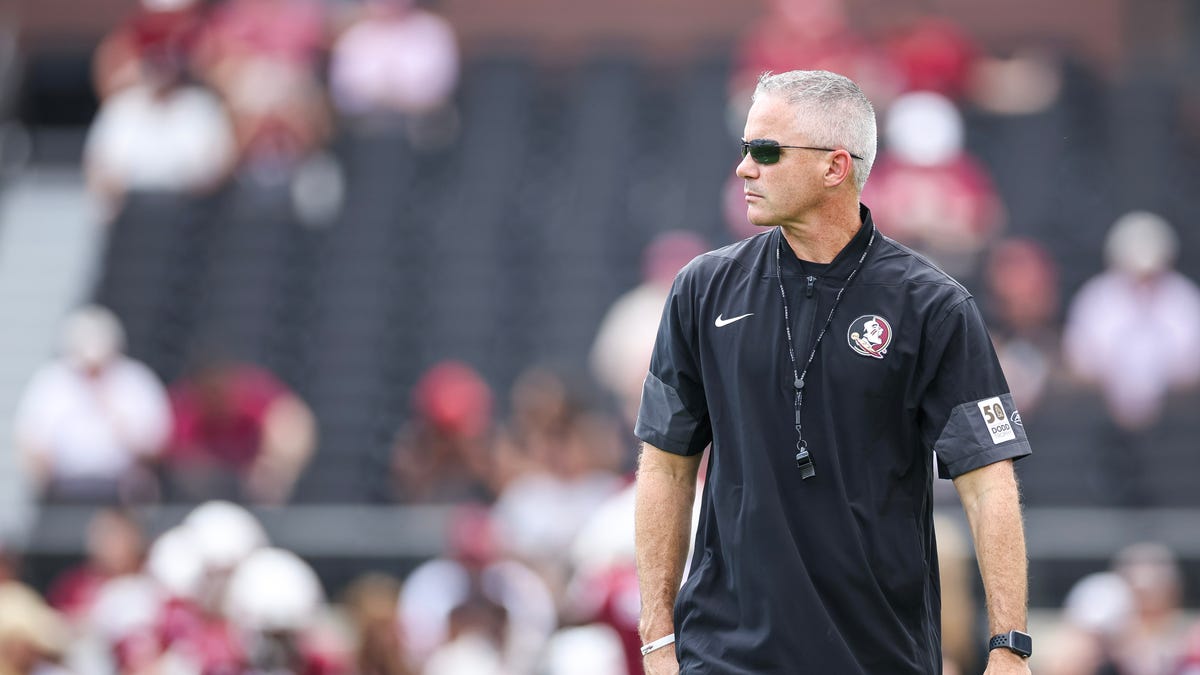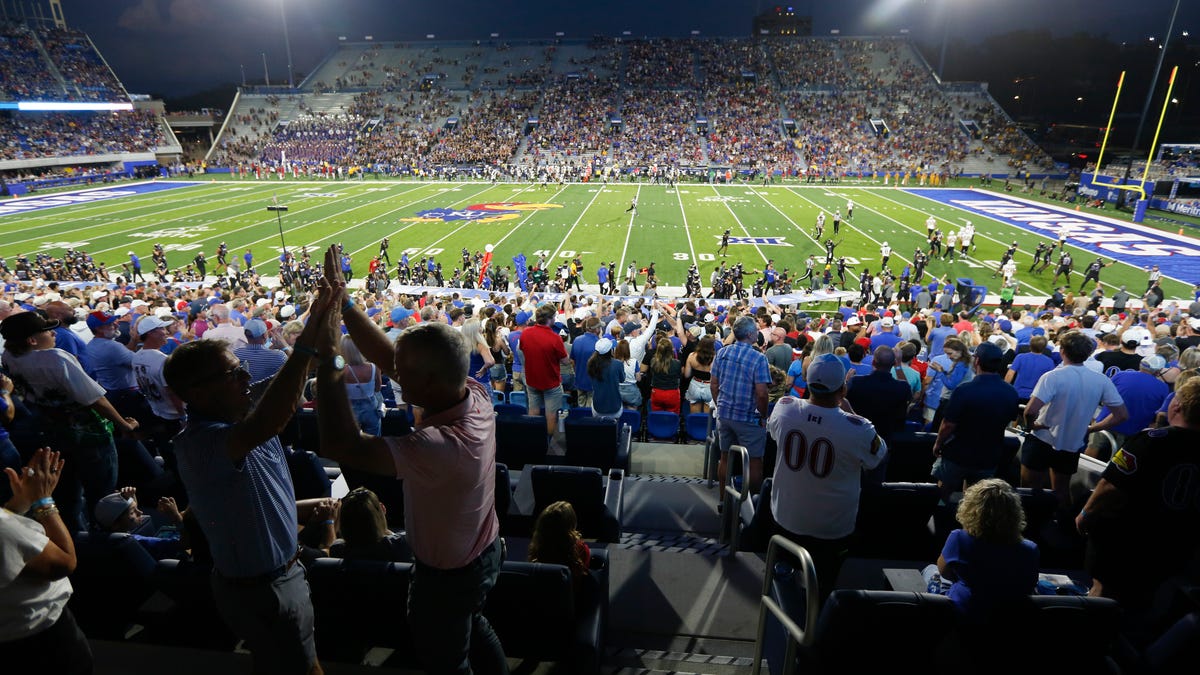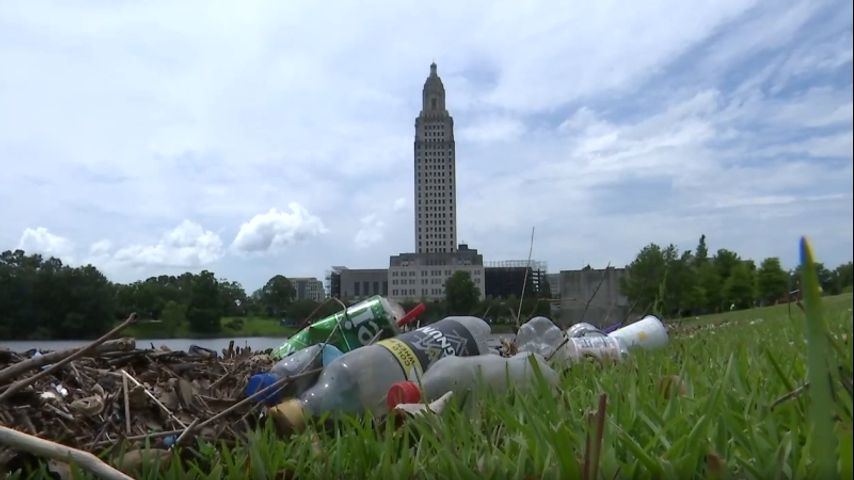To truly appreciate the uniqueness that is Louisiana, Kevin Rabalais had to travel the world.
“Sometimes we have to step away from home before we can truly see it,” said Rabalais who was the guest speaker for the City of Alexandria Rotary Club luncheon.
For the past 25 years, the Avoyelles Parish native and 1994 graduate of Holy Savior Menard High School who now lives in New Orleans has worked as a writer and photographer, living abroad for most of that time. His photographs and articles have appeared in newspapers and magazines in Argentina, Australia, Canada, New Zealand as well as all over the U.S.
“After about 15 years away, most of it in New Zealand, Australia and France I returned to Louisiana. I returned home six years ago, and when I did, I started carrying my camera notebook everywhere I went,” he said.
Louisiana is one of those places, said Rabalais, where you go out to buy milk and come back with a story.
One of the more recent stories he did was about feral hog gravitations throughout the state that featured Shane Kessler of Pineville.
Rabalais said Kessler and his group patrol over 100,000 acres over eight parishes “working to eradicate that multi-million dollar annual feral hog problem that we have in this state.”
He also talked about story he wrote and the photos he took at the Le Tournoi de la Ville Platte which is the sport of jousting that was brought over from France. During the tournament in Ville Platte, jousters have to spear seven small rings with a long lance.
Rabalais said he has been fortunate to work for magazines like Louisiana Life, Acadiana Profile and 64 Parishes.
“Fortunate, I say, because this work is giving me the privilege of learning about how we work and how we play across the state,” said Rabalais. “How we use the land and how we conserve it. What we do to make a living, yes, but that also equally important matter, what makes us come alive as Louisianans.”
It was while he was in Australia talking with Noble nominee David Malouf, that something Malouf said opened Rabalais’ eyes to what it meant to be an American.
Malouf told Rabalais that for Australians, the Outback hold a fascination, much like the West does for Americans.
That didn’t work for Rabalais who said he never felt the sensation to go West because it never occupied a part of his imagination.
Trying to come to terms with what this meant, Rabalais said he sought maps, photographs and stories. What he found was that he never quite knew what it meant to be an American.
“The country is too big, too diverse, filled with far too many cultures for me to come to easy terms with,” he said. “What I know instead is that I come from a small, beautiful country on the Gulf of Mexico. I come from this place, Louisiana. And rather than having the West always at the back of my mind, I realized that for me, it’s always been the river, the Mississippi.”
The state is filled with places that have names worthy of epic poetry, Rabalais told Rotarians. Names like Grand Isle, Poverty Point, Bayou Chicot, Kisatchie, the Atchafalaya Basin and Belle Chasse.
“These are the places that occupy my imagination. So too do fields of mature sugar cane, the aroma of boiling seafood tinged with laughter in a Louisiana accent,” said Rabalais. “The way that you hear the approaching second line parade in New Orleans long before you spot the brass band. Those parties that encourage participation as they roll from neighborhood to neighborhood thereby promoting one of the many forms of Louisiana community.”
Louisiana is a name that rolls off the tongues and, in some accents, about three or four syllables, he said.
“In others, it stretches all the way to five, when I sing it, along with Randy Newman and “Louisiana 1927,” his anthem of the Great Mississippi River Flood,” said Rabalais. “There it is, Louisiana. Such a name carries its own weather. It carries its own light. Its own history. its own cultures – plural.”
He added that Louisiana is the kind of name that once led an Australian politician to praise it after the bemoaning the many bland place names within his own country.
“Who wouldn’t want to be from a place named Louisiana?” Rabalais said the politician asked. “And all I could do was nod and feel sorry for those fancy New Englanders who never got the chance to summer on the river. And all those poor people, bless their hearts, who never experienced fine dining at gas stations.”
Rabalais’ photography is regularly on exhibit at Cazador Gallery on Magazine Street in New Orleans. He also teaches in the Department of English at Loyola New Orleans from where he also graduated. In 2022, the Press Club of New Orleans awarded him the Alex Waller Memorial Award.
He is the author of the novel “The Landscape of Desire” and the nonfiction “Novel Voices” and “Sacred Trespasses.”






























